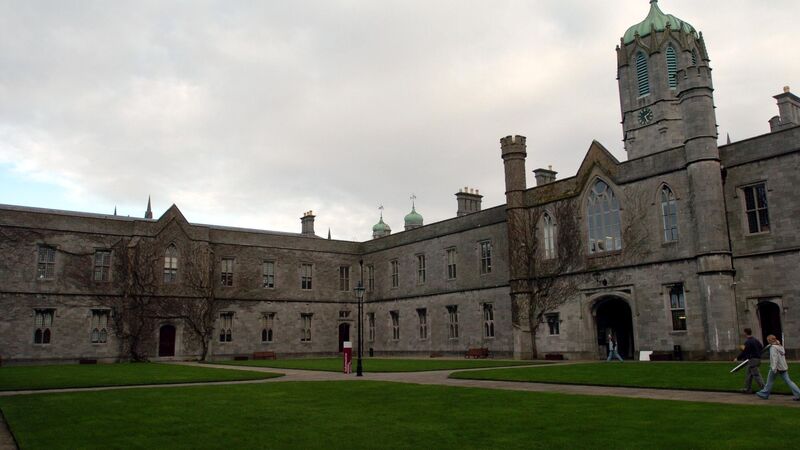Irish Examiner view: Protest uses the power of polite dissent

University of Galway's campus. Whether the university will finally sever ties with Technion is unclear. File picture: Ray Ryan
Try from €1.50 / week
SUBSCRIBEThere is a particular sting in the act of protest that doesn’t shout, doesn’t blockade, or disrupt. The kind that simply says “no”.
In recent days, the University of Galway has felt that sting three times over, as actor Olwen Fouéré, filmmaker Margo Harkin, and now American historian Kerby Miller have each refused the institution’s offer of an honorary doctorate. One act of dissent can be dismissed as an anomaly, two, a trend, but three is a reckoning.
Already a subscriber? Sign in
You have reached your article limit.
Annual €130 €80
Best value
Monthly €12€6 / month
Introductory offers for new customers. Annual billed once for first year. Renews at €130. Monthly initial discount (first 3 months) billed monthly, then €12 a month. Ts&Cs apply.
CONNECT WITH US TODAY
Be the first to know the latest news and updates
Newsletter
Sign up to the best reads of the week from irishexaminer.com selected just for you.
Newsletter
Keep up with stories of the day with our lunchtime news wrap and important breaking news alerts.
Newsletter
Sign up to the best reads of the week from irishexaminer.com selected just for you.
Thursday, February 12, 2026 - 10:00 PM
Thursday, February 12, 2026 - 10:00 PM
Thursday, February 12, 2026 - 9:00 PM
© Examiner Echo Group Limited